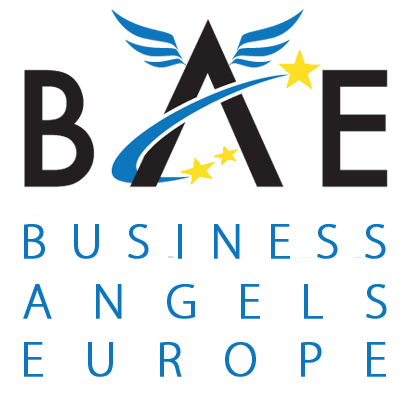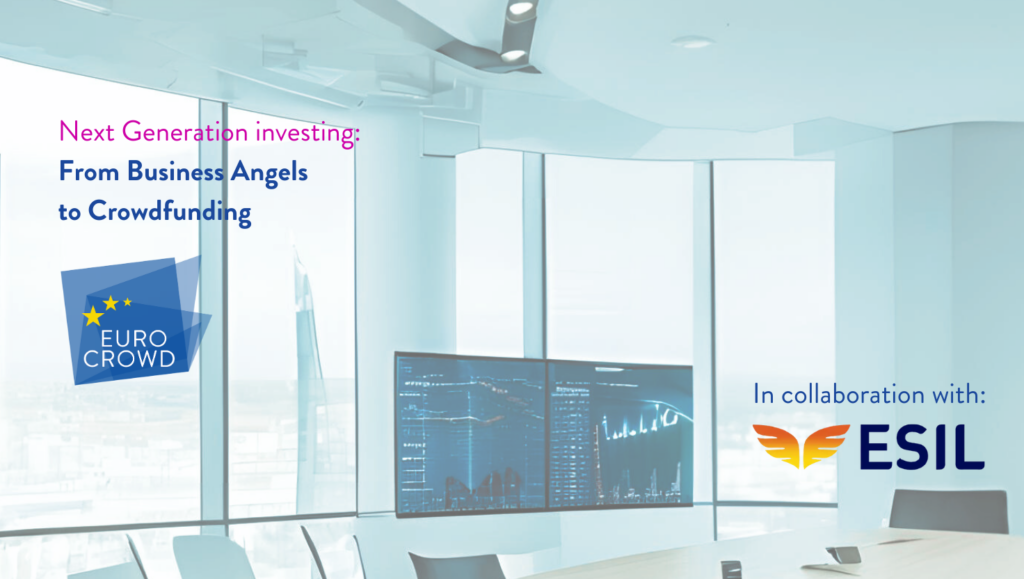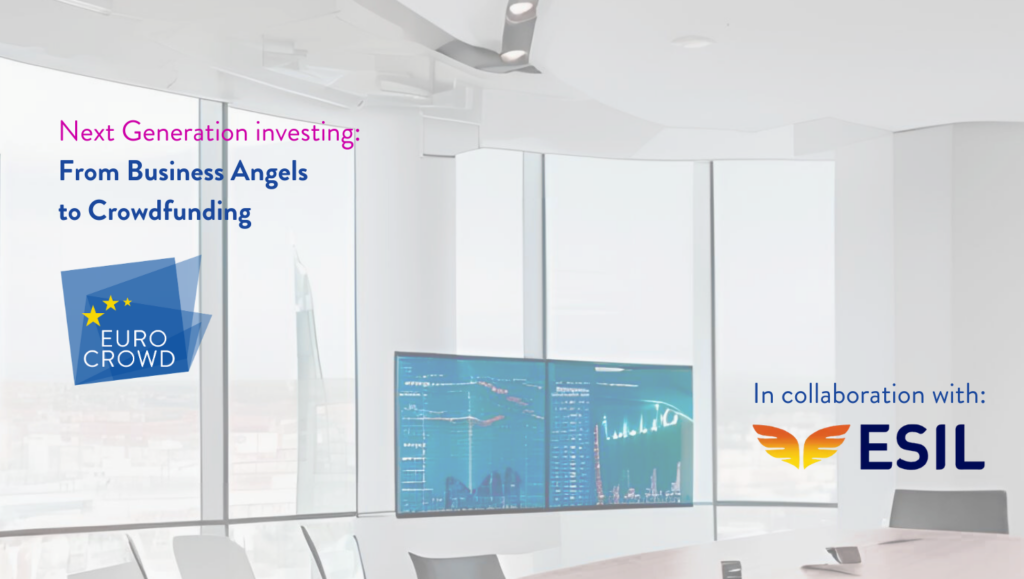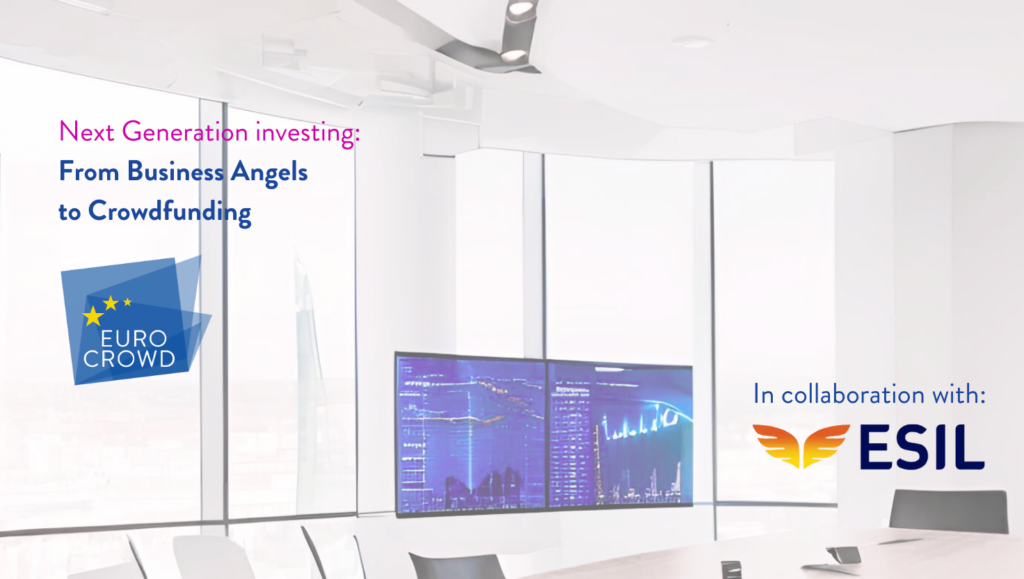Emerging EU innovation ecosystems—countries targeted under the EU’s ‘Widening Participation and Spreading Excellence’ policy, often referred to as ‘widening countries’—continue to face a persistent innovation gap compared to more mature innovation ecosystems in Western Europe. This divide is fueled by limited access to early-stage capital, a shortage of experienced investors, underdeveloped business angel networks, and a lack of professional venture capital.
ESIL (Early Stage Investing Launchpad), an EU-funded action from the European Innovation Council, identified six countries where startups often struggle to scale or compete internationally: Bulgaria, Croatia, Czechia, Hungary, Poland, and Romania. This leads to missed opportunities for economic growth, job creation, and talent retention, as promising ventures either stagnate or relocate to better-resourced markets.
“Closing this gap is not only an economic imperative but a strategic one for Europe’s social and innovation cohesion. It is vital to empower the next generation of investors and to help build local capacity where it is most needed”
Reginald Vossen, Chairman, Business Angels Europe
Strengthening Early-Stage Investment in Emerging Regions
Strengthening the early-stage investment landscape across Europe remains a long-term need requiring sustained political priority—particularly considering Europe’s current geopolitical and economic challenges. ESIL’s approach, as a first step, focused on:
- Training and Mentoring: It is vital to scale in-person and digital training led by experienced investors, equipping new and aspiring business angels with practical skills in deal evaluation, investment strategy, and portfolio management.
- Diversity and Inclusion: Recognizing the need for a more representative investor base through the participation of women, younger professionals, and individuals from non-traditional backgrounds, bringing fresh perspectives into local ecosystems.
- Cross-Border Collaboration: Simplifying the process of making cross-border investments, for example by offering standardised legal documentation and fostering transnational investor networks, allowing investors in widening countries to connect with peers and startups across Europe.
- Ecosystem Building: Catalyzing collaboration among business angels, crowdfunding platforms, accelerators, and incubators, nurturing a more connected and supportive infrastructure for early-stage innovation.
Want to know more about becoming a Business Angel?
Crowdfunding as a Complementary Force
Crowdfunding has emerged as a valuable complement to traditional early-stage financing—particularly in widening countries where venture capital and angel networks remain limited. Crowdfunding platforms allow startups and SMEs to raise capital from a wide range of individual investors, distributing financial risk while also engaging early supporters.
Crowdfunding offers several clear advantages for early-stage businesses in undercapitalised regions:
- Access to Finance: Entrepreneurs can attract funding without needing to rely solely on institutional investors or centralised networks.
- Market Validation: Campaigns serve as real-world tests of product-market fit, providing critical feedback and early community engagement.
- Blended Finance Opportunities: In some countries, crowdfunding platforms successfully combine EU structural funds with private capital, extending the financial reach of small businesses.
The introduction of the European Crowdfunding Service Providers Regulation (ECSPR) in 2021 further strengthens this model. ECSPR harmonises the rules for investment-based and lending-based crowdfunding across the EU, enabling platforms to expand across borders and allowing investors to back projects in any Member State with greater confidence and transparency. The cultural approach to risk, investment and trust in financial markets differs from country to country, also impacting the opportunities for crowdfunding.
Under ECSPR however, it would be possible to create capital inflows into widening countries from other EU member states, while offering the opportunity for wealth creation across the Union.
Given the lack of business angel activity in widening countries, and the lack of professional venture capital, one might have thought that crowdfunding would take advantage of the market potential. Yet, despite the harmonised framework for crowdfunding, cultural differences and fragmentation in business, company and tax law create significant hurdles.
Co-Investing to Strengthen Regional Innovation
The convergence of angel investing and crowdfunding opens new opportunities for early-stage finance—especially in regions with thin capital markets. Co-investment mechanisms, where business angels and crowdfunding platforms jointly support a startup, provide multiple benefits:
- Larger Deal Sizes: Startups gain access to more substantial funding rounds.
- Portfolio Diversification: Angels and retail investors alike can diversify their investments across sectors and geographies.
- Knowledge Sharing: Platforms and angels can learn from each other, improving deal assessment, governance, and support strategies.
Collaborative models are now more viable thanks to harmonised regulations and increasingly digital investment processes. As co-investment practices mature, they offer a pathway toward building more resilient, inclusive, and regionally balanced innovation ecosystems across Europe.
This approach aligns with the European Innovation Agenda’s commitment to supporting scale-ups in underrepresented regions and Horizon Europe’s widening pillar and reflects key aspects of the European Innovation Agenda, EU Cohesion Policy and ERA Policy Agenda.
Investing in Cohesion, Not Just Growth
Europe’s innovation leadership depends on a more inclusive and regionally balanced early-stage investment landscape. Prioritizing widening countries is not just about fairness—it’s a strategic investment in resilience, talent retention, and long-term competitiveness.
Strengthening business angel networks and integrating crowdfunding as a mainstream funding channel are essential steps toward this goal. ESIL’s targeted efforts in training, community-building, and Pan-European connectivity—combined with the enabling framework of ECSPR—can help close the innovation divide.
“We cannot afford to leave parts of Europe behind when it comes to innovation. Crowdfunding and early-stage investment—if embedded in strong local ecosystems—can be powerful tools to unleash entrepreneurial potential in regions that have long been underserved. Our goal must be to democratise access to capital and knowledge, so that innovation is not a privilege of geography but a right across the Union.”
Oliver Gajda, Executive Director of Eurocrowd
By leveraging both public and private capital, embracing diverse investor communities, and fostering inclusive financing models, Europe can unlock the full potential of its underrepresented regions – securing long-term competitiveness and innovation leadership.
Want to know more about becoming a Business Angel? Find out more at European ESIL
Additional sources:
- Reginald Vossen, Business Angels Europe: Empowering Underserved Regions
About European ESIL
ESIL is dedicated to boosting Europe’s innovative ecosystems through the creation of a thriving, connected and diverse angel investment community across all the countries of Europe. The programme is managed by:
 |  |  |



